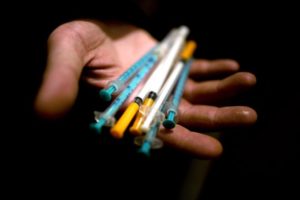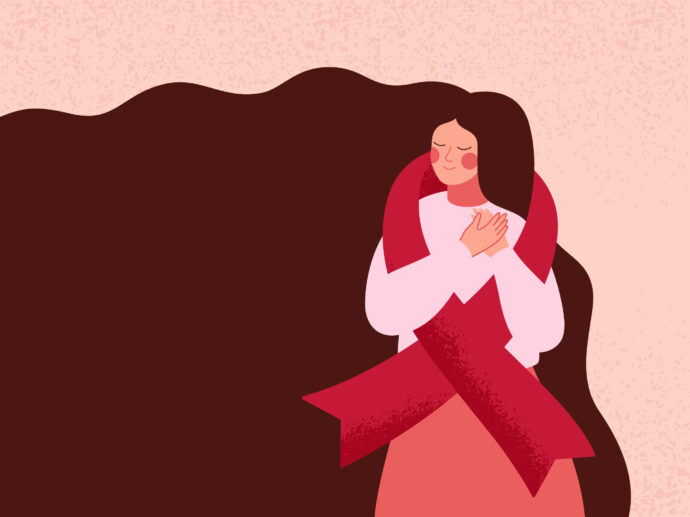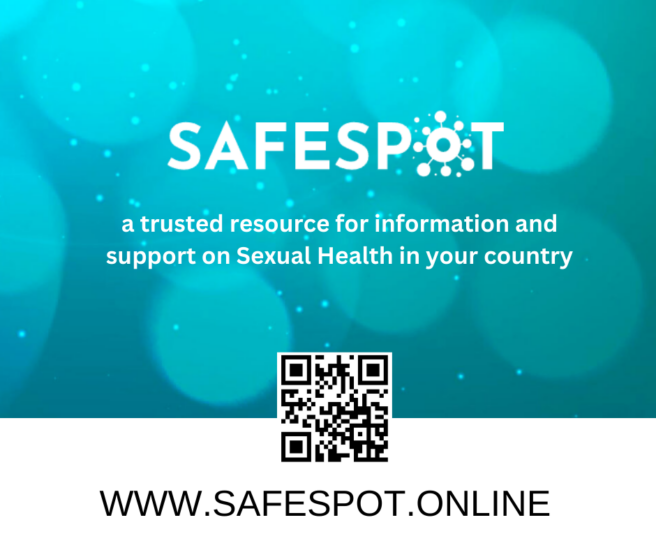Author: Olesya Kravchuk, AFEW International
A qualitative study “Family members of the people who inject drugs should promote the positive image of harm reduction services” was recently made by the graduate student of Vrije Universiteit Amsterdam Sandra Hagoort, and AFEW in Ukraine.
Master of Health Sciences Sandra Hagoort explored the role of the family of people who inject drugs (PWID) in the utilization of harm reduction services and how could the family stimulate those people to increase the uptake of harm reduction services in Ukraine. With the help of AFEW-Ukraine in the capital city of Kyiv, Sandra disseminated the surveys and did interviews with the family members, PWID and people who work with PWID.
Sandra chose Ukraine for her research because of the incidence and prevalence rates of HIV that are still high in EECA region. “This number is especially high among people who inject drugs which was the group I wanted to focus on, – Sandra says. – I did my study according to the conceptual model which is mainly based on the behavioural model of Andersen. Most important aspects of this model are the population characteristics and the external environment of the PWID.”
HIV is indeed an increasing problem among the PWID in Ukraine. Harm reduction is an evidence based approach which has been proven to reduce the incidence of HIV among PWID. These services are available in Ukraine, however, the uptake is low because of stigma and discrimination. To overcome this barrier, the family of the PWID might play a stimulating role to use more harm reduction services.
“You always hear about HIV in Africa, but I thought, EECA would be a different and interesting angle. I remember the interview I had in Ukraine was with the mother of someone who uses drugs, – Sandra Hagoort says. – During the interview with the mother, I realized that we forget to assist family members of people who use drugs. This was also confirmed by the social workers later on. I realized that the mother was close to despair about how to help her son.”
As a result of her studies, Sandra Hagoort found out that emotional and practical support were both provided by the families of PWID. Moreover, attitude and knowledge were important themes. Stigma towards IDUs as well as to family members of IDUs was reported. The fact that PWID who are under 18 years old are not allowed to obtain harm reduction services without parental consent was also considered as a barrier. In order to increase the uptake of harm reduction services, the communication between the PWID and their families should be improved. This can be done by family counselling in which both parties can express their needs and more support can be provided. After that, a positive attitude towards harm reduction services has to be created. The best way to do this is that family members themselves promote the positive image of harm reduction services.
Now Sandra plans to publish the results of her study in a scientific journal.





